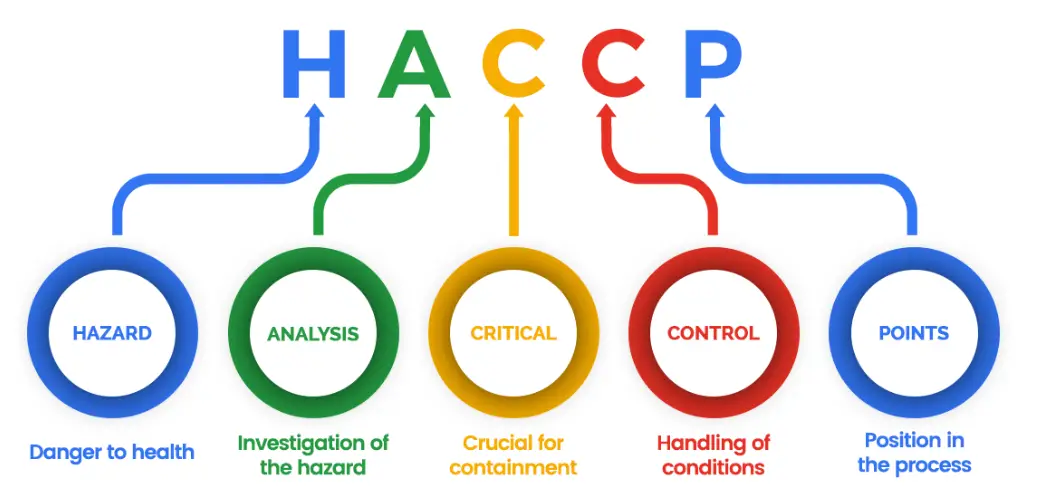GMP (Good Manufacturing Practices) is a series of steps taken for the legal, healthy, and quality processing of a product to avoid or mitigate the risk of contamination (cross-contamination) from various sources.
The aim of GMP certification in product safety concerns is to have zero error and continuous consistency. GMP standards primarily observed activities in industries such as food and medicine that specifically impact human health. Afterward, in all industries where the healthy processing of the substance influences public health, these practices become prevalent.
The leading industries in which the value of GMP applications has risen in recent times are hygiene and personal care products. Consumer preferences have changed from inexpensive goods to healthy products due to the advancement of technology and the advent of people's understanding and quick and easy access to the desired knowledge thanks to technology. People expect the items they use for cleaning and personal care to be both intentional, top quality, and not endanger their wellbeing.
Companies who established their systems based on GMP and contribute to the sustainability of their implementations by receiving the following documents that are acceptable for their systems if they wish their systems to be certified:
ISO 22716 – Cosmetics Industry GMP Guide
This guideline is an ISO standard which, within the framework of the European Union Cosmetics Legislation, is a good manufacturing practice reference for all cosmetic and beauty products. This broad category and title include various products namely creams, ointments, lotions, gels, spices, skin masks, foundation items, post-bath and sanitary powders, perfumes, bath and shower products, antiperspirants, hair care products, shaving products include goods in this scope (creams) as well as diverse products for the removal of make-up (face, eyes, lips), dental and oral care services, nail polishes, anti-wrinkle products, skin whitening products, products for bronzing and sunbathing and others.
BRC Personal Care and Household
The BRC CP was first written in 2003 and has since undergone significant improvements in order to address the demands of the general consumer goods market. Throughout this phase, providing specified quality, safe, and convenient goods to the end customer is becoming a solid norm based on the principles of risk management and good manufacturing practices (GMP).
Who wants GMP certification from us:
– Customers You Export Abroad
– PL (Private Label) – Owners and managers of the brand with whom you subcontract production
– Retail and supermarket chains (Tesco, Metro, Carrefour…)
Consumers who care about brand reputation. The presence of these systems means that the plant has a system that runs consistently and that you are equipped for both customer and third-party audits.
GMP and Sustainability
GMP certification is the cornerstone of the universal precept aimed at preserving human life, the atmosphere, and environmental assets within the context of sustainability. Sustainability awareness illustrates the nature of a livable world with better circumstances. It is a pledge that facilities in all kinds of industry, which are engaged in many businesses, such as cleaning and personal care goods, will at all stages of their operations display the utmost commitment and obligation to the environment, human health and welfare, and will constantly enhance their performance.






